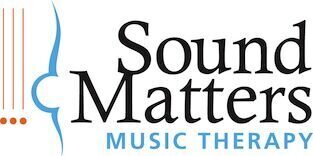care center
NewsPod and standards
I just listened to Friday’s podcast “NewsPod” from the BBC, and the last story describes how Yorkshire’s anthem, “Ilkla Moor Baht’At,” is dying out. A music t... Read MoreDance, storytelling, moths, and music
I am sorry to be missing the American Music Therapy Association National Conference this year, but alas, I simply will not be there. *** Here in Minneapolis, though, I have been reading up (however br... Read MoreArt therapy
A few months ago, the care center where I work decided to trial mneme therapy. Mneme therapy “uses everyday pleasurable experiences such as singing, movement, story-telling and painting in a uni... Read MoreBereavement care
I had a meeting with the director of my care center’s pastoral care department today regarding bringing music therapy into staff bereavement services already offered by pastoral care. I am reall... Read MoreLove to my residents
I was looking through my planner, and I saw I wrote down this quote from one of my really vocal residents: “It’s nice to see you. It was nice to hear you, too. You’re better than no ... Read MoreA day of observance
I work in a Catholic care center. I, however, am not Catholic. I am also not ready to start talking about or singing about or anything about Thanksgiving, even though it is now officially November. So... Read MoreCare center competition
Happy Halloween! I was truly surprised when I went to work in the care center today. Each department came up with some elaborate decorations and costumes. Back in June or July (I’m not kidding),... Read MoreMy work in the TCU
A few days ago, I provided some description of some of the work I do in the care center. Though the transitional care unit (TCU) where I see residents once a week is inside the care center, the unit i... Read MoreBereavement for staff
I am really excited to have begun the process of coordinating with the head of our pastoral care department in co-leading bereavement services for staff. One of the residents I served passed away un... Read More- 2 of 3
- « Previous
- 1
- 2
- 3
- Next »
